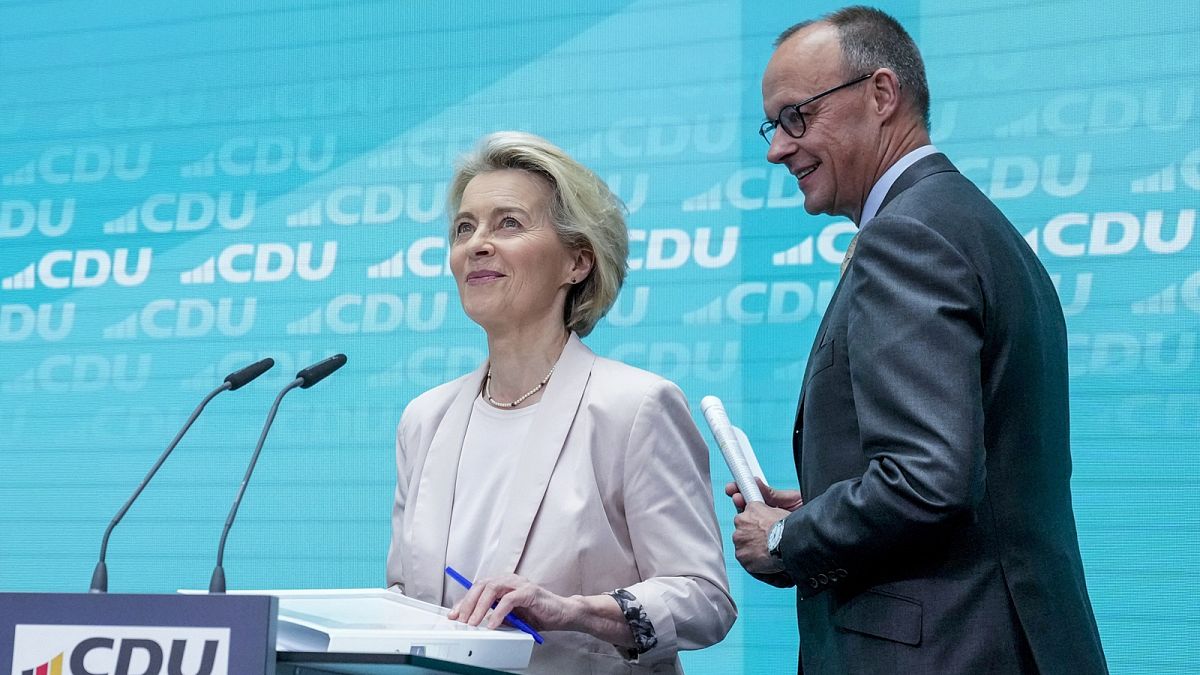Apart from painful losses for the liberal Renew group and the Greens, the overall division of seats in the European Parliament remains largely unchanged despite major upsets in France and other national polls.
After a tumultuous last day of voting and a long night of vote counting and spin, we can now glimpse the new EU political landscape. As predicted by pollsters, populist right-wing parties have seen their share of seats in Brussels surge in several countries. Italian premier Giorgia Meloni’s role as a future power broker in the appointment of the next head of the European Commission, while the victory of Marine Le Pen’s far-right National Rally in France has forced president Macron to call a snap election.
It is not only a story of an ascendant hard-right, though, as the nationalist ID group’s share of seats looks set to remain roughly unchanged overall in Brussels. While the eurosceptic ECR may gain half a dozen or so seats, the centre-right European People’s Party (EPP) has consolidated its position as the largest faction in the European Parliament, looking to have added a similar number to its current 178.
The Socialists & Democrats comfortably remain second largest, more or less holding onto their 140 seats. The liberals, in the form of the Renew Europe group, have taken a drubbing, however, while 2019’s ‘Green Wave’ – which in large part led to the prominence of climate and environmental policy in the agenda of the von der Leyen Commission – has clearly subsided.
Of course, the votes are still being counted, but so far the major upsets have been at the national level rather than in the balance of power in Brussels. But the horse trading between political groups has yet to get under way in earnest. Stick with Euronews throughout the day as we follow the big election stories, and shine a light on potentially significant developments on the sidelines.

